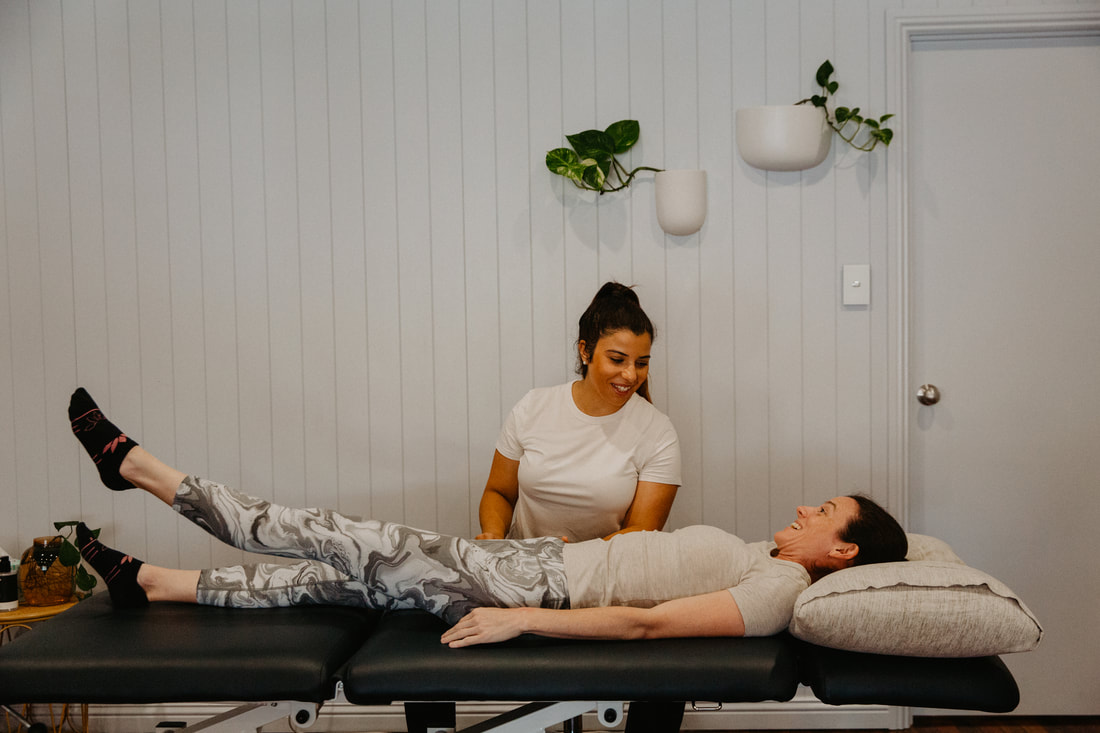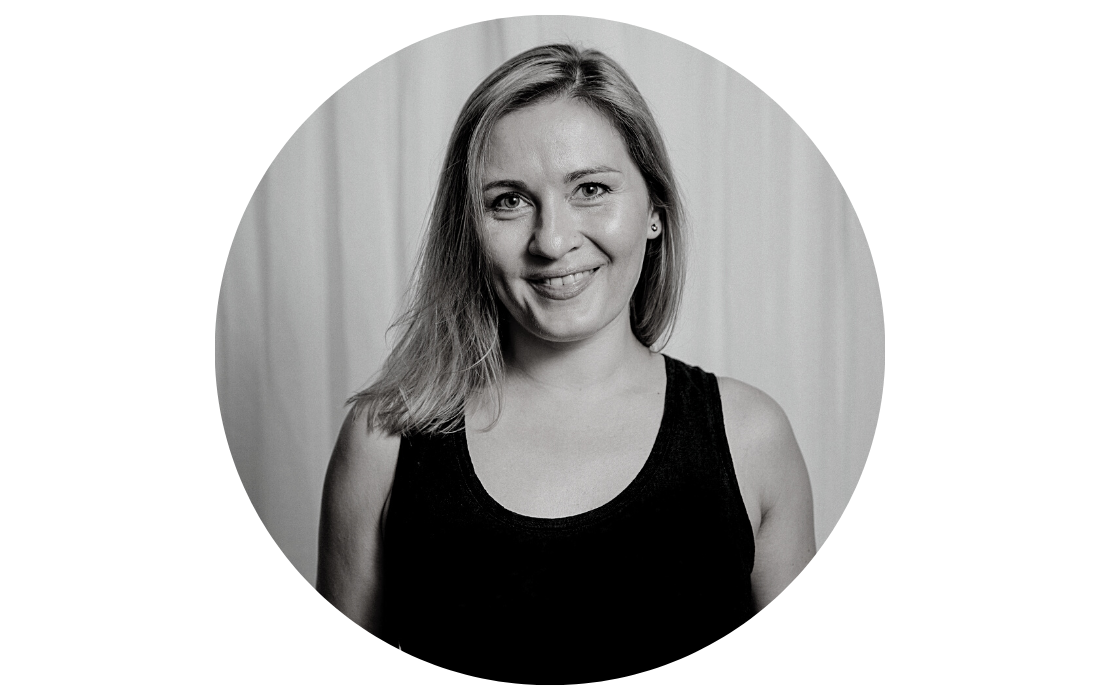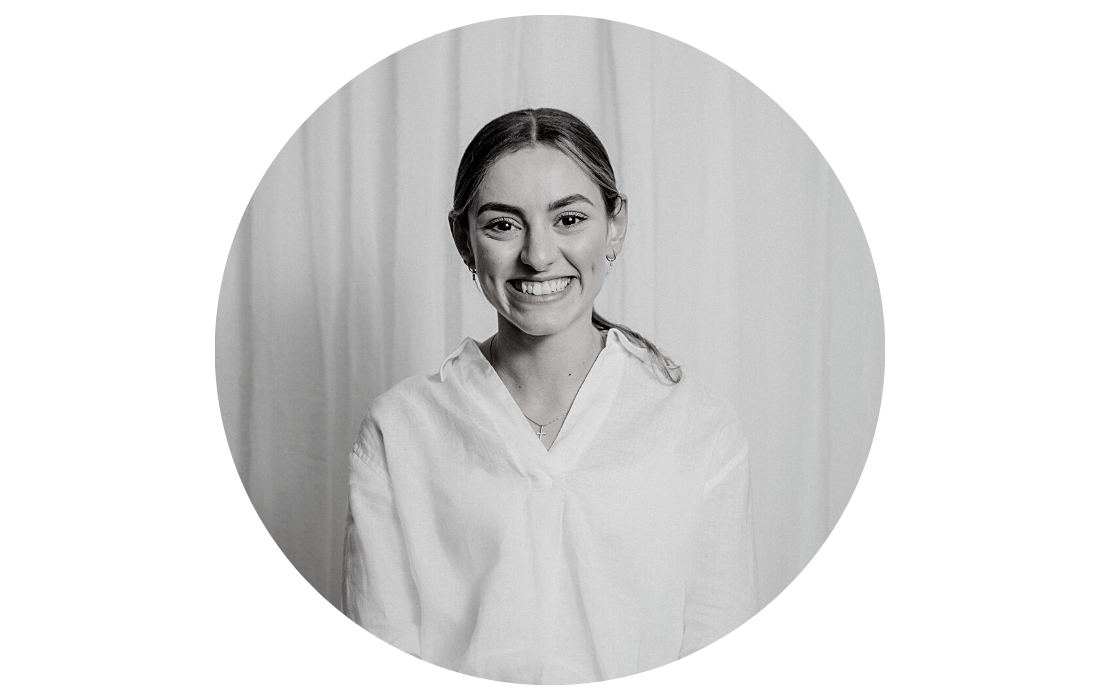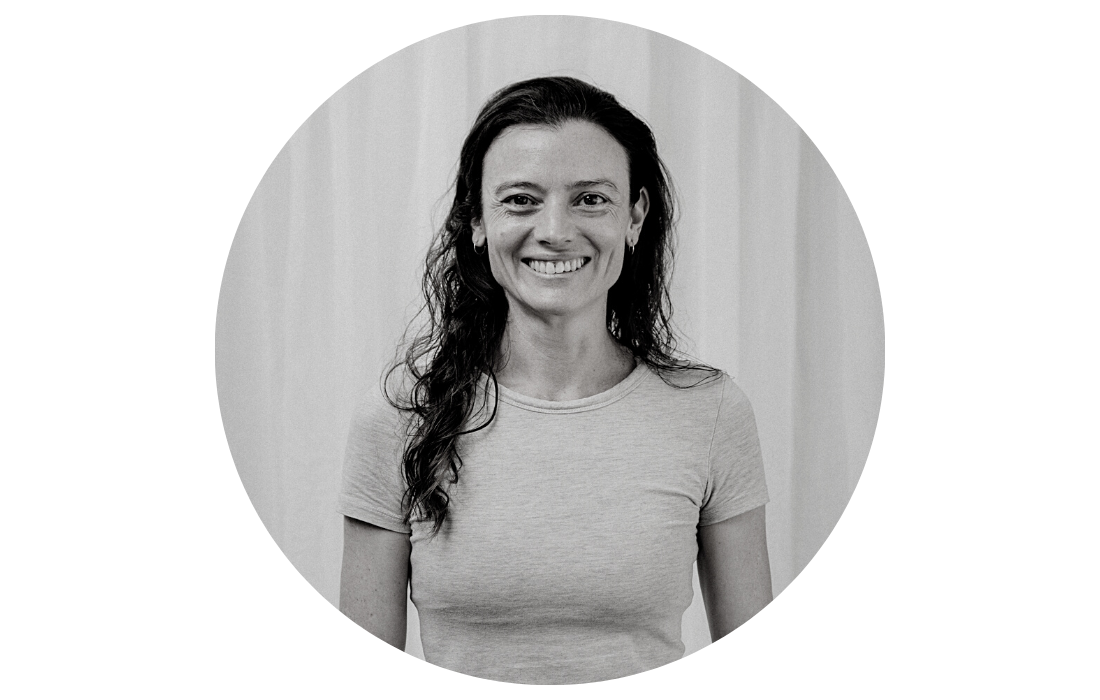Hip Adductor Strain Physiotherapy Brisbane southside.
What is a Hip Adductor Strain?
A hip adductor strain, also known as a groin strain, is a common injury that affects the muscles on the inner thigh. These muscles, called the hip adductors, are responsible for moving the leg inward toward the midline of the body. Strains in this area can vary in severity and can range from mild discomfort to a more serious injury.
What causes a Hip Adductor Strain?
Hip adductor strains often occur when there is excessive stress or overstretching of the adductor muscles. This can happen during activities that involve sudden changes in direction, such as sports like soccer, hockey, or basketball. It can also result from overuse or repetitive movements.
What are the symptoms of a Hip Adductor Strain?
Common symptoms of a hip adductor strain include pain and tenderness in the inner thigh or groin area. You may also experience swelling, bruising, and limited range of motion in the hip joint. In more severe cases, there may be a tearing or popping sensation at the time of the injury.
How is a Hip Adductor Strain diagnosed?
A healthcare professional, such as a sports medicine physician or orthopedic specialist, can diagnose a hip adductor strain through a physical examination and may order imaging tests like an MRI or ultrasound to assess the extent of the injury.
How is a Hip Adductor Strain prevented?
To prevent hip adductor strains, it's important to warm up properly before physical activity, maintain good muscle strength and flexibility, and use proper technique during sports or exercise. Additionally, gradually increasing the intensity and duration of workouts can help reduce the risk of strains.
How can physiotherapy help with a Hip Adductor Strain?
Physiotherapy, also known as physical therapy, plays a crucial role in the management and rehabilitation of hip adductor strains. Physiotherapists are trained to assess, diagnose, and treat musculoskeletal injuries, including strains, and they can develop customised treatment plans to help patients recover effectively. Here's how physiotherapy can help with a hip adductor strain:
If you or a loved one has questions about Hip Adductor Strains and how our physiotherapists might be able to help please call us on 07 3706 3407 or email [email protected]. We would love to work with you!
A hip adductor strain, also known as a groin strain, is a common injury that affects the muscles on the inner thigh. These muscles, called the hip adductors, are responsible for moving the leg inward toward the midline of the body. Strains in this area can vary in severity and can range from mild discomfort to a more serious injury.
What causes a Hip Adductor Strain?
Hip adductor strains often occur when there is excessive stress or overstretching of the adductor muscles. This can happen during activities that involve sudden changes in direction, such as sports like soccer, hockey, or basketball. It can also result from overuse or repetitive movements.
What are the symptoms of a Hip Adductor Strain?
Common symptoms of a hip adductor strain include pain and tenderness in the inner thigh or groin area. You may also experience swelling, bruising, and limited range of motion in the hip joint. In more severe cases, there may be a tearing or popping sensation at the time of the injury.
How is a Hip Adductor Strain diagnosed?
A healthcare professional, such as a sports medicine physician or orthopedic specialist, can diagnose a hip adductor strain through a physical examination and may order imaging tests like an MRI or ultrasound to assess the extent of the injury.
How is a Hip Adductor Strain prevented?
To prevent hip adductor strains, it's important to warm up properly before physical activity, maintain good muscle strength and flexibility, and use proper technique during sports or exercise. Additionally, gradually increasing the intensity and duration of workouts can help reduce the risk of strains.
How can physiotherapy help with a Hip Adductor Strain?
Physiotherapy, also known as physical therapy, plays a crucial role in the management and rehabilitation of hip adductor strains. Physiotherapists are trained to assess, diagnose, and treat musculoskeletal injuries, including strains, and they can develop customised treatment plans to help patients recover effectively. Here's how physiotherapy can help with a hip adductor strain:
- Pain Management: Physiotherapists can employ various techniques to help manage pain associated with a hip adductor strain. This may include the use of modalities such as ice or heat therapy, ultrasound, or electrical stimulation to alleviate pain and reduce inflammation.
- Manual Therapy: Hands-on techniques, such as soft tissue mobilisation and joint mobilisation, can be used by physiotherapists to improve muscle and joint flexibility, reduce muscle tightness, and restore normal range of motion in the hip and surrounding areas.
- Exercise Rehabilitation: Physiotherapists design specific exercise programs tailored to the individual's needs and the stage of healing. These exercises may include:
- Stretching: Gentle stretching exercises help improve flexibility and prevent muscle tightness.
- Strengthening: Targeted strengthening exercises focus on the hip adductors and other surrounding muscles to enhance stability and support the injured area.
- Balance and Proprioception: Exercises that challenge balance and proprioception (awareness of body position) can improve coordination and reduce the risk of reinjury.
- Functional Rehabilitation: As the patient progresses, physiotherapists may incorporate functional movements and sport-specific exercises to ensure a safe return to activity or sports.
- Education: Physiotherapists educate patients about proper body mechanics and techniques to prevent future injuries. They also provide guidance on activities to avoid during the recovery period.
- Progress Monitoring: Throughout the rehabilitation process, physiotherapists assess the patient's progress and adjust the treatment plan accordingly. This may involve modifying exercises, increasing intensity, or transitioning to more advanced rehabilitation protocols.
- Pain Relief Modalities: In addition to manual therapy, physiotherapists may use modalities such as heat, ice, ultrasound, or electrical stimulation to reduce pain and promote healing.
- Return-to-Activity Planning: Once the hip adductor strain has sufficiently healed, physiotherapists work with patients to develop a gradual return-to-activity plan. This plan ensures that individuals can safely resume their sports or physical activities without risking reinjury.
- Prevention Strategies: Physiotherapists can teach patients strategies to prevent future hip adductor strains. This may include strengthening and flexibility exercises, warm-up routines, and techniques for maintaining good biomechanics during sports and activities.
If you or a loved one has questions about Hip Adductor Strains and how our physiotherapists might be able to help please call us on 07 3706 3407 or email [email protected]. We would love to work with you!
Who to book in with:
Yulia Khasyanova
|
Monica Hanna
|
Emma Cameron
|



